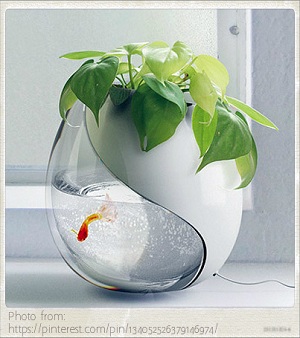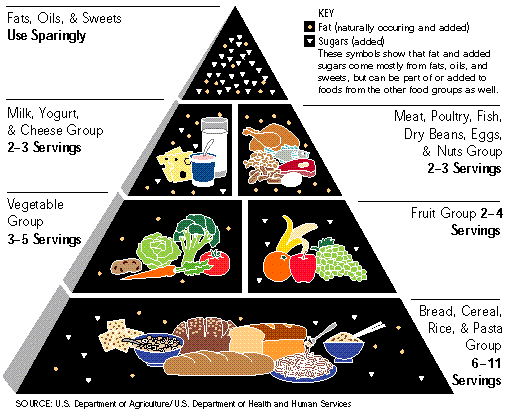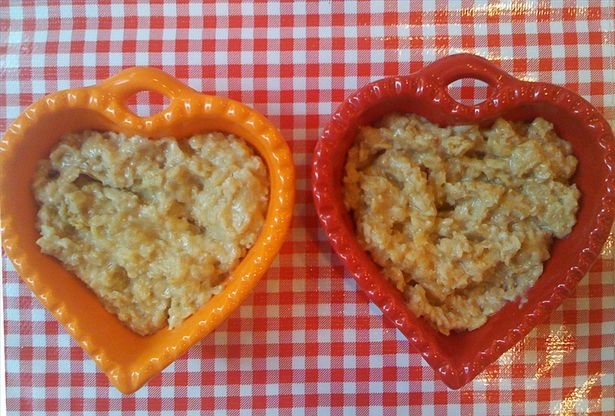If you are going camping for the first time, or if this is one of many camping trips you have been on, one thing is certain: It is wise to think about and prepare what you will eat on your trip way ahead of leaving. The outdoors will amaze you with its beauty. You may go horseback riding, fishing, hunting, or hiking. But at the end of the day, you are going to be hungry! Below you will find some tips for food preparation and packing as you get ready to take a trip into the wild!
If you are going to be camping for more than a few days, you don't want to bring anything that will spoil. Not only will you not be able to eat it, but also it will smell. Meats should be eaten within the first few days of your trip or frozen before you leave. Keep perishables cool and pack your cooler using block ice rather than cubes. Block ice will last longer.
Dehydrated foods are good to take because they stay fresh longer and are light to pack. They also do not lose nutritional value and have a great taste. Carbohydrates are important in keeping your energy levels high, so take lots of noodles, macaroni and rice. These are also simple to make by just adding boiling water. By using these alone, or combining with meats or vegetables, you have created a great meal with ease. Peanut butter, nuts and beans will fill your protein needs. Soups are also great meals and can be made in a large Ziploc bag. Sandwiches are fine as a lunch item, but since bread doesn't stand up to well, use pita breads instead. They don't fall apart and take up less room than a loaf of bread. Cream of wheat, oatmeal or simply cold cereal, dried fruit and a granola bar with a cup of coffee or tea will satisfy your breakfast menu. If you are a little more adventurous you can try eggs. Just remember to bring dry sauces and a small collection of spices. These will liven up any dish.
You do not need to make elaborate dishes, since these are not really practical. To make things easier you can also freeze stovetop casseroles and simply thaw for a good home cooked meal. What you will cook will depend on your cooking method. You can cook over gas/fuel, firewood or with heat beads.
There are also a number of different cooking techniques you can use. By far, the most common technique is boiling. Cooking in water can be used on meats, eggs, rice and pastas. Frying, or cooking over heat in a layer of fat on the bottom, is one of the most difficult methods since it is hard to maintain a moderate heat source over a large enough of an area. Deep-frying is submerging foods completely in hot oil or fat, and is extremely difficult and dangerous a technique for a camp trip. Stir-frying is convenient since you put your whole meal in one pan.
Baking is also possible by using a metal box encased in clay or a Dutch oven. Roasting meats without the use of an oven is a technique called pot-roasting. Simply layer your meats and veggies in a pot, add water or broth and cook. A quick method of cooking is grilling. Poaching is achieved by cooking food in simmering water. This is ideal for eggs or fish. If you can boil water, then steaming is also an option for you.
There are many different techniques available to you on your camping trip. Although, a gourmet meal may not be feasible, some good down home cooking and some great tasting meals are possible. They say food never tasted as good as when made over an open fire in the great outdoors. Here's your chance to prove that statement.

 Starting Up An Aquaponics Set Up From See The Easy Way
Planting seeds in your aquaponics system can be a lot simpl
Starting Up An Aquaponics Set Up From See The Easy Way
Planting seeds in your aquaponics system can be a lot simpl
 Introduction To Of Some Lower Cholesterol Foodstuffs
Cholesterol is a fat-like element contained in the physique
Introduction To Of Some Lower Cholesterol Foodstuffs
Cholesterol is a fat-like element contained in the physique
 The Simplest Way To Lessen Your High Cholesterol By Natural Means
High-cholesterol is a major variable inside the countrywide
The Simplest Way To Lessen Your High Cholesterol By Natural Means
High-cholesterol is a major variable inside the countrywide